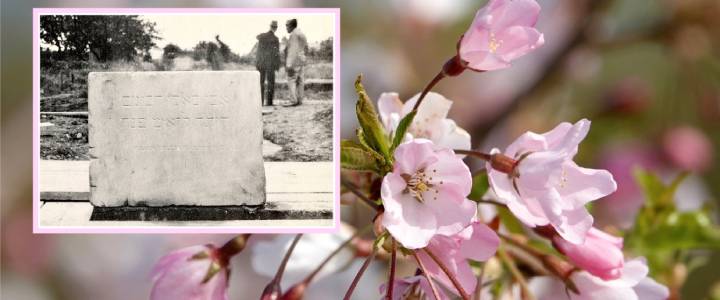One morning (long ago) my youngest son said to me, as he watched me shave, “Dad, you’re the best man in the world.”
I smiled at this as he sweetly chatted beside me. I had been out of bed for only a few minutes, but my mind had already touched down on some of the evil tendencies I’d been watching out for that day. So, where did my son get the idea that I was in the running for the best man in the world?
Well, he didn’t have much basis for comparison. He really didn’t know any other men, so how could he know any better men? But the deeper truth is that he had angels around him. And those angels were present with kind, happy feelings. The world seemed safe and good, why shouldn’t his Dad be the best man in it?
Add to this that those angels who were present with him, love and honour their heavenly Father, whose face they continually behold. My son’s words were nothing but an expression of this love as he was receiving it (we parents standing in the Lord’s place in their little minds).
But my son’s optimistic words led me to reflect. Is how we see ourselves any more accurate than how others see us?
I think of people who often feel rotten about themselves and yet their effect on others seems to be so positive. They seem to be useful and caring, disciplined and truthful.
We’re often poor judges of the worth of our own mental states and our own output. A lot of the good that we do (and a lot of the good that we experience) escapes our notice because it doesn’t have our name attached to it. We don’t feel that we have initiated it. We don’t feel responsible for it. Therefore we don’t claim it. And when we reflect on ourselves, we don’t see it as our goodness.
Yet the fact is, despite all our failings, we have allowed the Lord to give it to us, and give it through us. The basic structure of our life, which we have chosen over a long period of time, permits it. When we look at others, we see the good fruits of their lives as theirs. In other words, we recognise that they have had some role in allowing the Lord to do that good through them.
But we don’t see this goodness in others unless we look at them from the Lord’s love. People who are in innocence and charity (who have angels with them) see the good in others. They think well of them, overlooking their ‘errors and perversions’, excusing what evil they do see, interpreting for good (Arcana Caelestia 1079, 1088). We might think that people who view others this way are naive and blind. In fact, they are seeing truly. They are seeing others how the Lord sees them.
Amazingly, the Lord Himself can only see the good in us. He can only see in us what is His – what is Divine, infinite, eternal (Divine Providence 53). Evidently He sees evil, and works with it, only by contrast. He sees evil only as a negation of the good that might have been received (or might yet be received).
So what’s the harm in appreciating the good that others see in us? Are we really able to gainsay it? Why not just pray that it be so and rejoice in what others have seen? If nothing else, we can find delight in the fact that the person who has seen good in us has been touched by some good from within. For we can only see good in others from the good in ourselves (Divine Providence 53).

